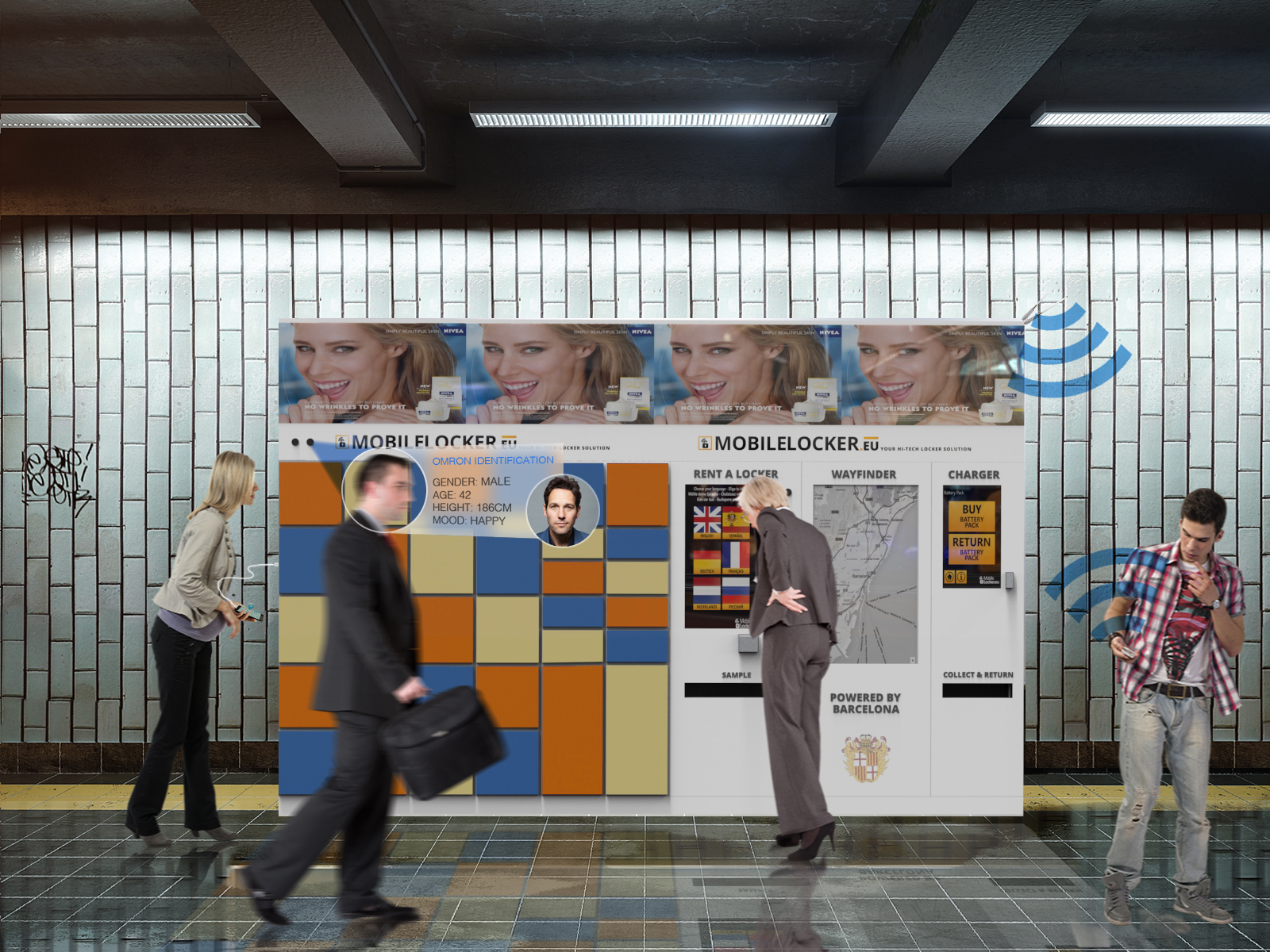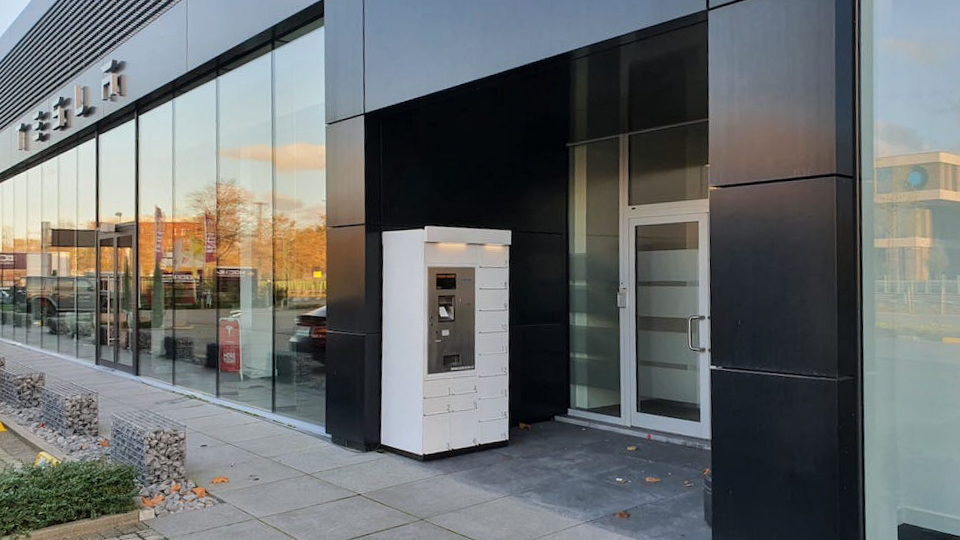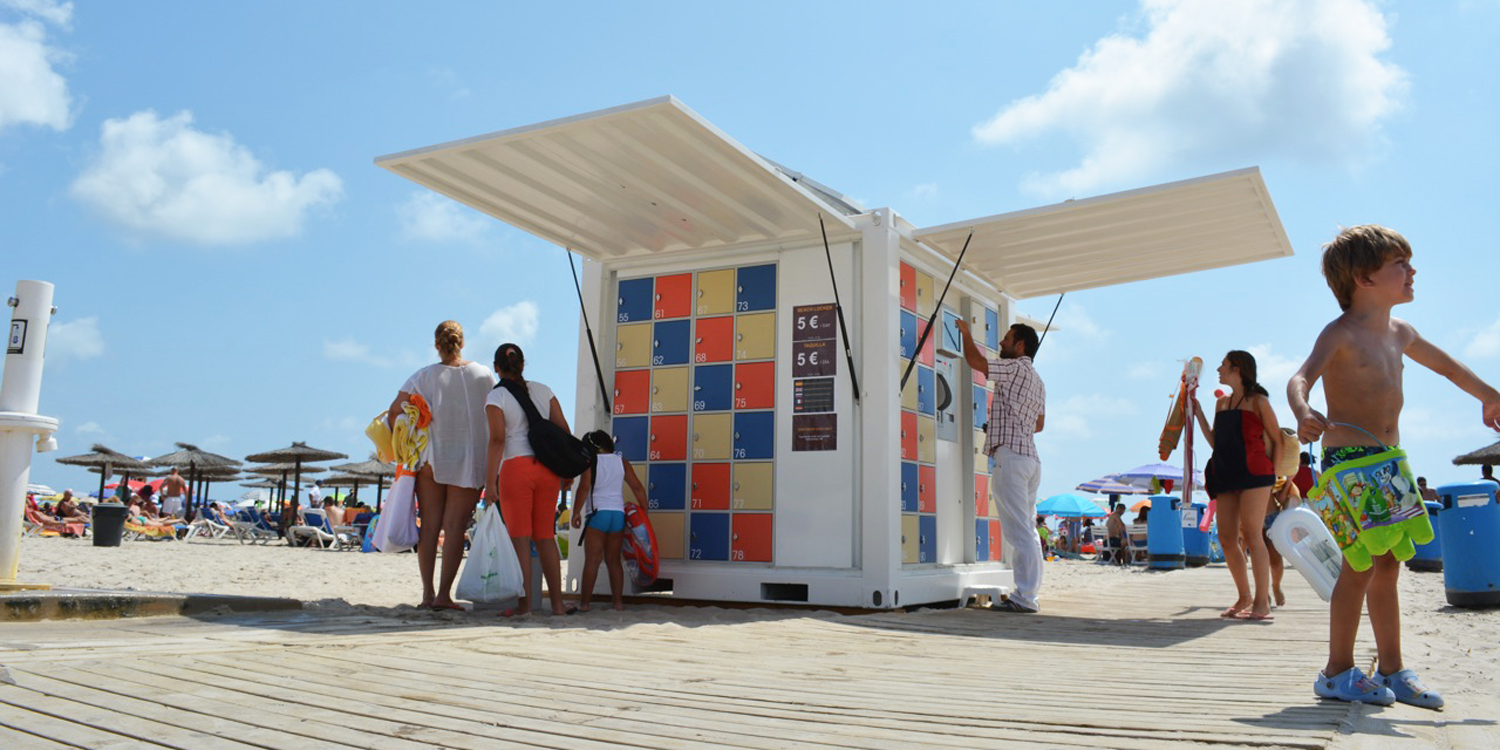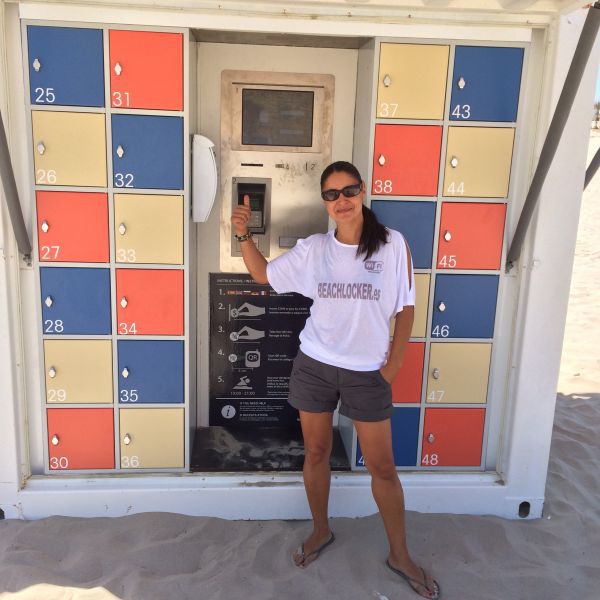Travelers are increasingly clear about what they need at the airport. According to Mobile Locker, safe storage is central to a good passenger experience
“The times they are a-changin’,” sang Bob Dylan in the 1960s. They are still changing, according to Mobile Locker, but today’s developments lie within the way we travel – and in particular within passenger expectations. Airports are rushing to build and expand new terminals that extend and improve the services offered to passengers. More and more passenger terminal managers are seeking ways to increase revenue while accommodating growing passenger numbers and looking for ways to keep travelers content, to influence their choice of airport.
The evolution of travel
Traveling has evolved over recent decades. This is due not just to increased globalization, which inevitability saw a rise in business travel, but also to the accessibility of air travel for the general public. This has led to a sharp rise in short city trips and air travel in general, driven by low-cost airlines and increased purchasing power. In 2000, around 1.7 billion passengers worldwide traveled by air. In 2019, that number increased to 4.2 billion. In extreme cases, flying from Manchester to London through Ibiza or Mallorca is cheaper than taking the train to London. This growth is exciting for the industry, but it has brought forth extra challenges. How do we accommodate this trend, how do we optimize and how do we gauge the needs of the passengers? Numerous surveys and armies of consultants will probably rain down rapports on the ins and outs. Some key points are worth an extra look, for instance: efficient, seamless lost and found facilities; accessible storage for passengers’ belongings and safe storage at the airport; and access to power (charging).
Meeting passengers’ needs
According to Jo Harings, branch manager for Securitas Aviation, as a service provider for airports the company has found that operators are increasingly keen to accommodate the needs of their clients or passengers. Airports’ requirements may range from mitigating security threats to seamless processing of lost and found, and providing services such as storing items for the short and long term. Charging devices, including smartphones and laptops, are also increasingly important. “Experience and service are key here. Travelers want to store their belongings, charge devices and share items at the same time. Thanks to the Smart Urban Kiosk from Mobile Locker we are able to offer this. It offers new functionalities with every upgrade,” Harings says. A startup that came about after inspiration struck one of its founders while he was on holiday, Mobile Locker specializes in automated locker units featuring state-of-the-art software. Jef Van Hyfte, co-creator and CEO, explains, “My girlfriend and I were lying on the beach and we both wanted to go swimming. We realized we wanted to put our stuff somewhere safe, but there was nowhere. That’s how the idea of entering the locker world came into my head. “In the beginning, we focused on the beach market, but we soon realized we could do more with the product. We are now active in various market segments.”
The move into airports
Van Hyfte saw the demand for a locker option in the airport, realizing that the profile of travelers is changing. Aviation is becoming more accessible and the demands of visitors are changing. They want a service that is available at all times, that is easy to use, and has been adapted to their needs. “We can offer a solution that enables passengers to store belongings and charge devices, but also to exchange, for example, documents or purchased items. Furthermore, we can add services that boost the general revenue stream of an airport. In revenue terms, storage alone is no longer enough,” he explains.
The advantages
While the advantages to users are clear, airports too benefit from lockers. Not only can they finally accommodate an urgent request, but Mobile Locker can integrate its products into their lost and found process. This keeps operational cost down and increases overall revenue. Mobile Locker can offer a full-package LaaS (Lockers as a Service) or MaaS (Mobility as a Service) model.





